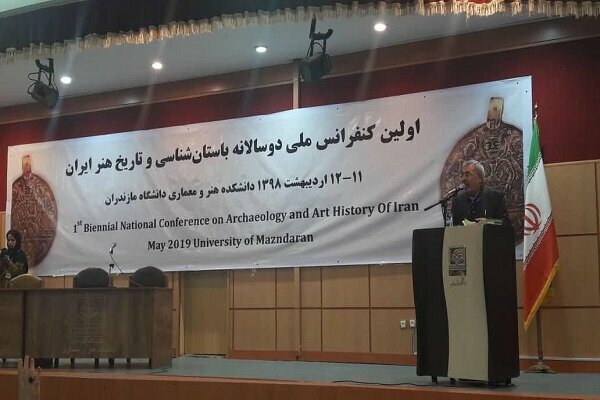University of Mazandaran hosts conference on Iran’s archaeology, art history

TEHRAN – The first edition of a biennial conference on Iran’s archaeology and art history was held by University of Mazandaran on May 1-2.
The national event brought together tens of experts, archaeologists and anthropologists who discussed the latest scientific achievements, key dimensions and know-hows in that regard, Mehr reported.
Of 612 submitted abstracts of articles, 420 were approved by the biennial’s juries of the conference. Furthermore, 181 out of 278 full articles were selected to be appeared on a volume to be published in the future, the report added.
Organizers of the conference also agreed to set up workshops on various themes including zooarchaeology of indigenous animal bones; archaeology of coastal regions; iconography of Iranian music; and way to practice non-destructive laboratory methods on ancient potteries.
The enigmatic evidence of human presence on the Iranian plateau is as early as Lower Paleolithic times, according to Britannica Encyclopedia.
The first well-documented evidence of human habitation is in deposits from several excavated cave and rock-shelter sites, located mainly in the Zagros Mountains of western Iran and dated to Middle Paleolithic or Mousterian times (c. 100,000 BC).
AFM/MQ/MG
